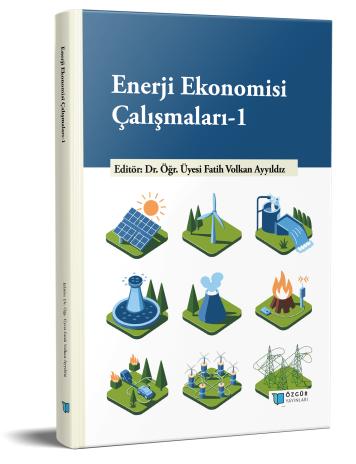
Smart Cities and Smart Energy: Living Spaces of The Future
Şu kitabın bölümü:
Ayyıldız,
F.
V.
(ed.)
2025.
Enerji Ekonomisi Çalışmaları 1.
Özet
The 21st century’s rapid urbanization necessitates transformative approaches to city design and administration. This article explores the convergence of smart cities and smart energy, focusing on their socio-economic impacts and technological drivers. Through a literature review and open-source analysis, the study proposes a definition of smart cities and classifies their social and economic implications. It argues that the socio-economic effects of smart cities must be examined from a multi-stakeholder perspective. While contributing to the theoretical understanding of smart cities, the paper emphasizes the need for strategies to maximize positive outcomes (e.g., economic growth, improved quality of life) and minimize negative ones. Key technological advancements, such as green roofs, autonomous vehicles, smart buildings, and e-government services, are analyzed, alongside their potential benefits and challenges. The study concludes that smart cities and economic development are complementary, with smart initiatives driving job creation, infrastructure investment, and energy efficiency while enhancing safety, environmental sustainability, and civic engagement. However, citizen involvement is crucial for building resilient, intelligent urban centers, and municipal authorities must engage citizens in decision-making processes to ensure sustainable and inclusive urban transformation.

